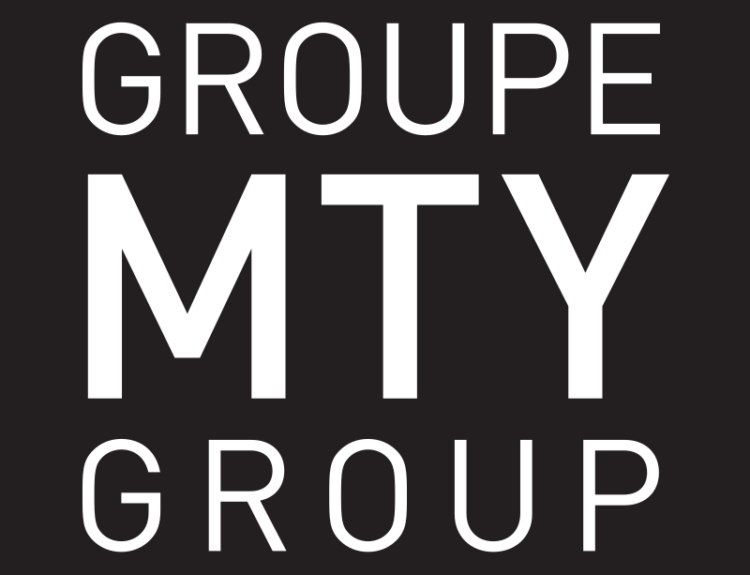Is the efficiency of AI worth the potential loss of fairness in hiring?
- AI is increasingly used in job recruiting, raising concerns about fairness and discrimination.
- Some believe AI can reduce human biases, while others argue it may perpetuate existing biases.
- The effectiveness of AI in evaluating candidates varies by job type.
- Many readers express a desire for AI to support rather than replace human decision-making.
- There are calls for improving AI tools to enhance fairness in hiring processes.
The job recruiting landscape is evolving with the increasing use of artificial intelligence (AI) to screen candidates. While AI can streamline the process, it also raises significant ethical concerns regarding fairness and discrimination. Many job seekers are overwhelmed by the sheer volume of applications, leading to a reliance on AI to help sift through candidates. However, this reliance comes with trade-offs. nnResearch indicates that AI-driven evaluations can be more susceptible to discrimination compared to human recruiters. Yet, proponents argue that AI can help ensure a broader pool of applicants is considered, as human recruiters often struggle to manage the influx of applications. nnOpinions among readers vary widely. Some believe that AI can eliminate human biases, as it does not have personal feelings or prejudices. Others caution that AI’s effectiveness depends on the nature of the job; for instance, it may work well for entry-level positions but falter in roles requiring interpersonal skills. nnMany readers advocate for a partnership between AI and human recruiters, suggesting that AI should assist in the decision-making process rather than take over entirely. They emphasize the importance of transparency in AI’s decision-making, allowing humans to understand how conclusions are reached and to identify potential biases. nnAs AI continues to play a larger role in hiring, there is a growing consensus that the focus should be on refining these tools to promote equity and efficiency. This includes developing diverse data sets for training AI models and using AI to assess work portfolios rather than personal characteristics. nnDespite the potential benefits, some readers express concern that the increasing reliance on AI could dehumanize the hiring process, making it harder for candidates to connect with employers. The debate continues as to whether the efficiency gained from AI is worth the risk of perpetuating discrimination in the job market.·
Factuality Level: 6
Factuality Justification: The article presents a range of opinions on the use of AI in job recruiting, which reflects a variety of perspectives but lacks a strong foundation in factual reporting. While it raises valid concerns about bias and discrimination, it also includes subjective viewpoints that may not be universally accepted as truth. The article does not provide sufficient empirical evidence to support the claims made, leading to a moderate rating.·
Noise Level: 6
Noise Justification: The article presents a range of opinions on the use of AI in job recruiting, highlighting both the potential benefits and drawbacks. However, it lacks a cohesive analysis and does not provide substantial evidence or data to support the claims made. While it raises important ethical questions, it does not deeply explore the long-term implications or provide actionable insights, leading to a moderate noise level.·
Public Companies: The Wall Street Journal ()
Key People: Demetria Gallegos (Editor), Robert Garrison (), Nate Sachritz (), Te Wu (), Phyllis Baltagi (), Tim Marlowe (), Gerry Mandel (), Nauman Sheikh (), Michael E. Dziubinski (), Brad Grizenko (), Robin Hurley (), Deena Semeniuk (), Michael Esser ()
Financial Relevance: No
Financial Markets Impacted: The article discusses the impact of AI on job recruitment processes, which indirectly affects companies’ hiring practices but does not present a specific event impacting financial markets directly.
Financial Rating Justification: The article primarily focuses on the ethical implications and challenges of using AI in hiring rather than on financial topics or events that would impact financial markets.·
Presence Of Extreme Event: No
Nature Of Extreme Event: No
Impact Rating Of The Extreme Event: No
Extreme Rating Justification: The article discusses the implications of AI in job recruiting but does not mention any extreme event that occurred in the last 48 hours.·
Move Size: No market move size mentioned.
Sector: All
Direction: Neutral
Magnitude: Medium
Affected Instruments: No
 www.wsj.com
www.wsj.com 





